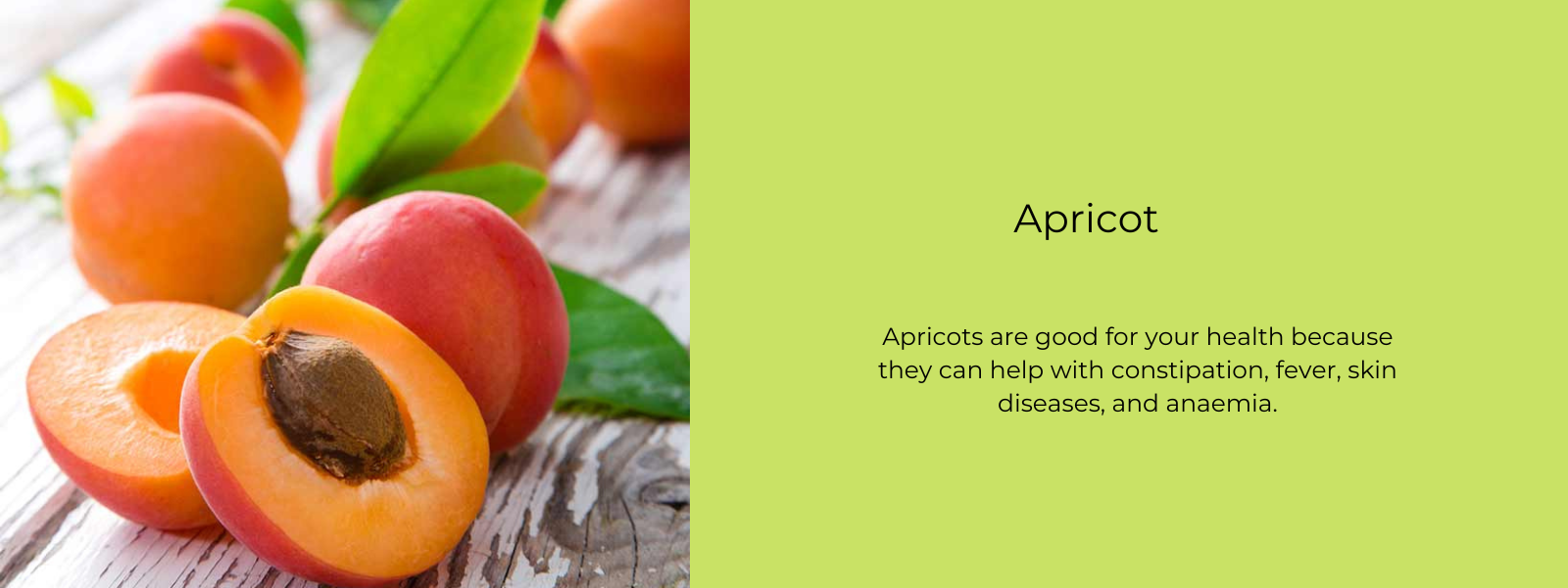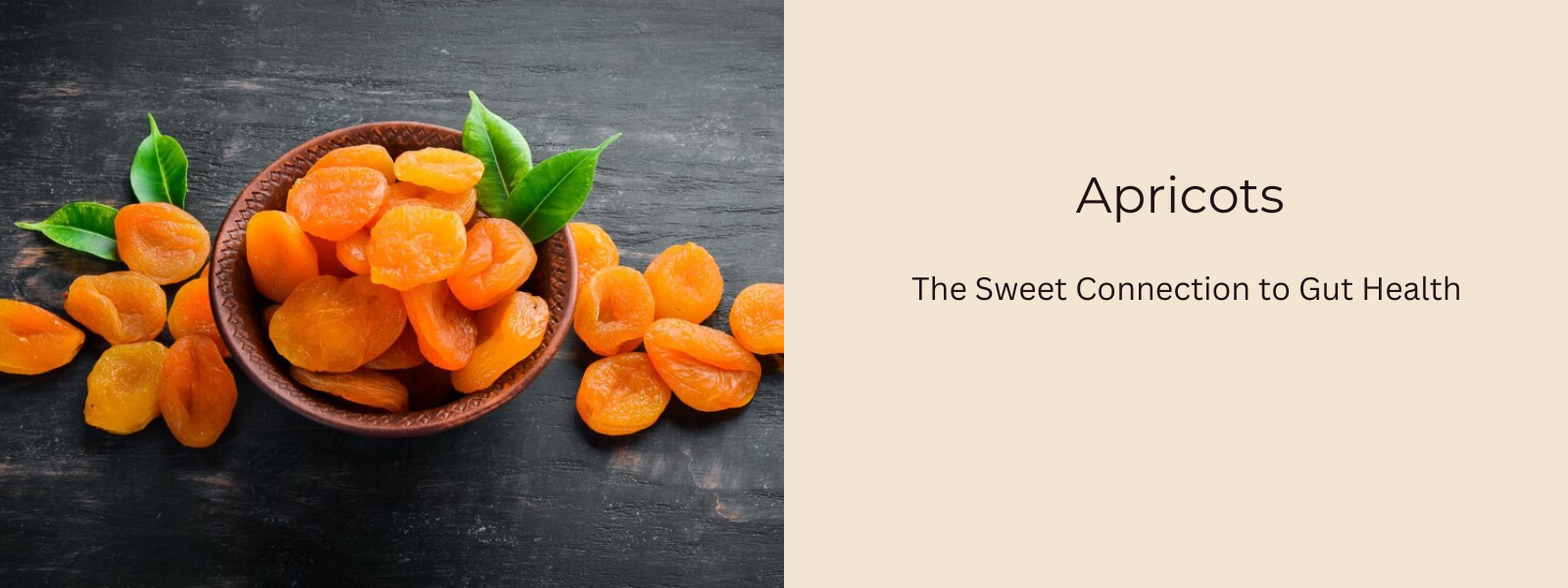Apricots are a juicy and delicious fruit known for their vibrant orange color and sweet-tart flavor. Beyond their exceptional taste, apricots offer numerous health benefits, including their low glycemic impact. With a glycemic index typically ranging from 30 to 32, apricots cause a gradual and modest increase in blood sugar levels when consumed. This low glycemic impact can be attributed to their relatively low carbohydrate content and high fiber content, which slows down the absorption of sugars into the bloodstream. Additionally, apricots are rich in essential nutrients such as vitamins A and C, potassium, and antioxidants, further enhancing their nutritional value. Whether enjoyed fresh or dried, apricots make a nutritious and satisfying addition to a balanced diet, providing a sweet and refreshing treat without causing significant spikes in blood sugar levels.
Table of Contents
What Are Apricots?
Apricots are a juicy and flavorful fruit known for their vibrant orange color and sweet-tart taste. They belong to the Prunus genus, along with other stone fruits like peaches, plums, and cherries. Apricots are widely enjoyed both fresh and dried and are celebrated not only for their delicious flavor but also for their numerous health benefits, including their low glycemic impact.
Apricots Is A Juicy Fruit with Low Glycemic Impact:
Apricots are a delicious and nutritious fruit with a low glycemic impact, making them a great addition to a balanced diet. One of the most notable characteristics of apricots is their low glycemic index (GI). The glycemic index is a measure of how quickly a carbohydrate-containing food raises blood sugar levels after consumption. Foods with a low GI are digested and absorbed more slowly, resulting in a gradual increase in blood sugar levels. Apricots have a GI score of around 30-32, making them a favorable option for individuals looking to manage their blood sugar levels effectively.
The low glycemic impact of apricots can be attributed to several factors. First, apricots are relatively low in carbohydrates, with about 3.9 grams of carbs per 100 grams of fruit. Additionally, they are a good source of dietary fiber, with around 2 grams of fiber per 100 grams. Fiber plays a crucial role in regulating blood sugar levels by slowing down the absorption of sugars into the bloodstream. This results in a more gradual release of glucose, helping to prevent sudden spikes in blood sugar levels.
Furthermore, apricots are rich in essential nutrients, including vitamins A and C, potassium, and antioxidants. Vitamin A is important for maintaining healthy vision, skin, and immune function, while vitamin C acts as a powerful antioxidant that boosts immunity and promotes collagen production. Potassium helps regulate blood pressure and supports heart health, while antioxidants protect cells from damage caused by harmful free radicals.
Incorporating apricots into your diet can be a delicious and nutritious way to support overall health and blood sugar management. Fresh apricots can be enjoyed on their own as a snack or added to salads, yogurt, or oatmeal for a burst of natural sweetness. Dried apricots are also a convenient and portable option for on-the-go snacking and can be included in trail mixes, baked goods, or savory dishes like tagines and stews.
Benefits Of Apricot:
Here are some key points regarding the low glycemic impact of apricots and who may benefit from including them in their diet:
- Low Glycemic Index (GI): Apricots have a low GI score, typically ranging from 30 to 32. Foods with a low GI are digested and absorbed slowly, resulting in a gradual and steady increase in blood sugar levels. This can help prevent spikes and crashes in blood sugar, making apricots suitable for individuals who need to manage their blood sugar levels effectively.
- Fiber Content: Apricots are a good source of dietary fiber, with about 2 grams of fiber per 100 grams of fruit. Fiber plays a crucial role in regulating blood sugar levels by slowing down the absorption of sugars into the bloodstream. This helps maintain stable blood sugar levels and can benefit individuals with diabetes or insulin resistance.
- Natural Sugars: While apricots contain natural sugars, including fructose, they are relatively low in total carbohydrates compared to some other fruits. Consuming apricots in moderation can provide a sweet and satisfying treat without causing significant spikes in blood sugar levels.
- Vitamins and Minerals: Apricots are rich in essential nutrients, including vitamins A and C, potassium, and antioxidants. These nutrients support overall health and well-being and may have additional benefits for individuals with diabetes or metabolic conditions.
- Suitable for Various Dietary Needs: Apricots can be included in a wide range of dietary patterns, including diabetic diets, low-carb diets, and balanced eating plans. They are versatile and can be enjoyed fresh, dried, or cooked in various dishes, making them suitable for individuals with different preferences and dietary restrictions.
Are Apricots Good For Diabetics?
Yes, apricots can be a beneficial fruit for individuals with diabetes when consumed as part of a balanced diet. With a low glycemic index (GI) and high fiber content, apricots help regulate blood sugar levels by preventing sudden spikes after consumption. The fiber in apricots slows down the absorption of sugars into the bloodstream, promoting stable glucose levels. Additionally, apricots are rich in essential nutrients like vitamins A and C, potassium, and antioxidants, which support overall health and may have additional benefits for individuals managing diabetes. However, portion control is important, as even nutritious fruits like apricots contain natural sugars. Incorporating apricots into meals and snacks alongside other nutrient-dense foods can provide a delicious and satisfying option while helping to manage blood sugar levels effectively.
Ways To Use Apricots:
- Fresh Consumption: Fresh apricots can be enjoyed on their own as a nutritious and flavorful snack. They can also be sliced and added to fruit salads, yogurt bowls, or smoothies for a burst of natural sweetness.
- Dried Apricots: Dried apricots are a popular snack and can be found in trail mixes, granola bars, and baked goods. They are also commonly used in cooking and baking, adding sweetness and texture to dishes like couscous, rice pilafs, and stuffing.
- Preserves and Jams: Apricots are often used to make preserves, jams, and spreads. Their natural sweetness and tangy flavor make them ideal for preserving, and apricot jam is a delicious topping for toast, pastries, and desserts.
- Baking: Apricots can be incorporated into a variety of baked goods, including cakes, muffins, pies, and tarts. Fresh or dried apricots can be chopped and added to batter or dough, providing moisture and flavor to baked treats.
- Sauces and Compotes: Apricots can be cooked down into sauces and compotes, which can be used as toppings for pancakes, waffles, ice cream, or yogurt. They can also be used as a glaze for roasted meats or added to savory dishes like tagines and curries.
- Chutneys: Apricots are commonly used to make chutneys, which are flavorful condiments or sauces made with fruits, spices, and vinegar. Apricot chutney pairs well with cheeses, grilled meats, and sandwiches, adding a sweet and tangy flavor.











Leave a comment